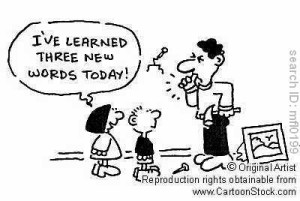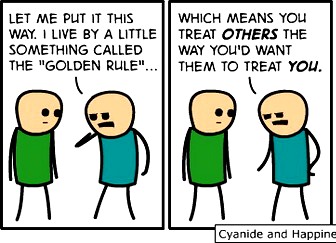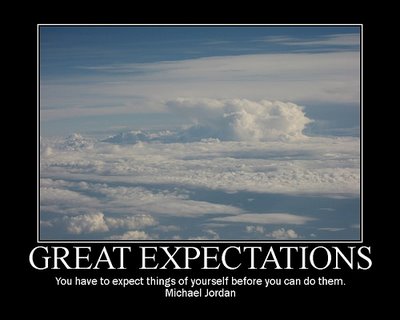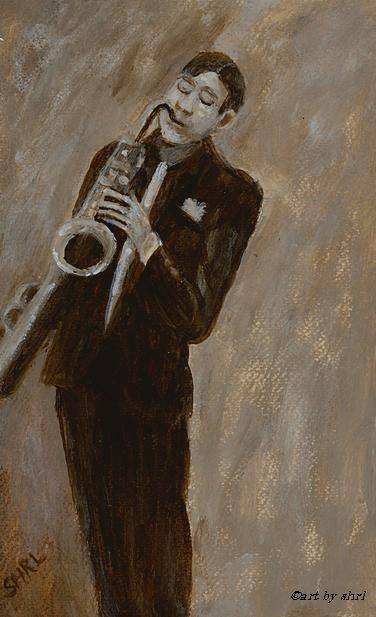 So, is it Imposter or Impostor?
So, is it Imposter or Impostor?
by Steven Herder.
 Teaching for years in Japan without a recognized teaching qualification or teaching license from Canada always left me feeling somewhat insecure, with a sizeable “gap” in my overall identity as a teacher. Even though I was amassing thousands of contact hours in the classroom, had very good communication skills, continually learned from my many mistakes, and could always fall back on my natural enthusiasm to get students to work with me more than work against me, I always carried a doubt that maybe all of those teachers who earned an actual education degree knew a secret that I, the imposter, would never discover.
Teaching for years in Japan without a recognized teaching qualification or teaching license from Canada always left me feeling somewhat insecure, with a sizeable “gap” in my overall identity as a teacher. Even though I was amassing thousands of contact hours in the classroom, had very good communication skills, continually learned from my many mistakes, and could always fall back on my natural enthusiasm to get students to work with me more than work against me, I always carried a doubt that maybe all of those teachers who earned an actual education degree knew a secret that I, the imposter, would never discover.
At this point in my career, however, I am now well and truly cured of that imposter syndrome, happy to discuss or debate education with anyone and firmly established within myself as an educator. In the past 10 years, I have become a seasoned conference presenter, a busy teacher trainer, and an EFL teacherpreneur through my work with iTDi. I feel “cured” because I am often re-invited to lead teacher training workshops at numerous boards of education around Japan, have been leading popular publisher teacher trainings from Hokkaido to Kyushu for the past 6 years, and receive all kinds of appreciation from teachers around the world as a facilitator of The Teachers’ Room at iTDi and as a tutor on the iTDi TESOL Certificate. However, in order to be a better teacher trainer, I recently realized that I have a new “chicken and egg” question that I really need to better understand if I want to help more teachers.
“Which came first for me, building my teaching credentials in order to be able to talk to teachers, or talking to teachers in order to define my teacher identity?”
From my perspective, a whole teacher needs a balance of these three components: 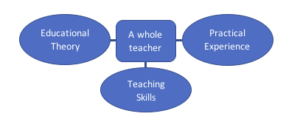
For so long, I thought that doing my MA in TEFL/TESL at the University of Birmingham offered the educational theory that I needed to become whole as a teacher. I had taught myself the skills needed to teach, and I had gained a lot of experience, what I was missing was the theory.
However, recently, I am meeting a great number of teachers who don’t have any kind of MA in TESL/TEFL/TESOL or Applied Linguistics, who have shown themselves to be just as whole as me or any of my learned colleagues.
What appears to be the difference between WHOLE teachers and those teachers with a HOLE remaining is mostly a case of the above-mentioned impostor syndrome or a general lack of confidence in themselves.
“I want to tell some teachers that they are already WHOLE and tell some other teachers that filling the HOLE that they may perceive to be in their teaching lives is, in fact, much easier than they would ever imagine.”
To illustrate, I want to share an anecdote from The Teachers’ Room recently:
“Last week, I was talking with a teacher about him feeling like a fake teacher compared to others in our context because of his sense of having Impostor Syndrome. He said he spent a great deal of time avoiding discussions and hiding his real views from others. Even though he occasionally did presentations, he believed it was just a matter of time before people knew he was a fake. He explained how this sense of himself as a teacher kept him from growing any further as a teacher.
First of all, I assured him that I knew exactly how he felt. I had felt many of the same things literally for years! However, I said that after years of talking with teachers face-to-face and online, I have come to see a pattern in professional development:
Almost every whole teacher I know, including me, has gone through these 3 stages of professional development:
- First, “There’s no way I’ll stand up in front of a group of teachers I don’t know and talk about what I know about teaching” (impostor syndrome).
- If we are able to stumble into a learning community, then we begin to trust those around us, and we take our first tiny steps – offering our opinions and sharing our teaching experiences, both good and bad. Unfortunately, only talking about our teaching is never enough. From my perspective, you need to build up your educational theory through a balance of input and output. This means reading and listening to a lot of what the experts know about teaching and learning. It also means having a place to discuss ideas, and preferably an opportunity to write about your ideas as they form into your own personal theory of learning (how people learn a language) and theory of practice (how you choose to teach).
- Finally, and much sooner that most people would imagine, we are able to reach a comfort level, which is supported by positive feedback, and then we really begin to grow. Once you get into stage 3, then the real fun begins – collaborating, innovating, and inspiring others.
Right now, iTDi offers three invaluble veues to become a WHOLE teacher:
- Advanced Skills Courses (Online month-long courses or self-study units)
- The Teachers’ Room (Online live weekly sessions)
- The iTDi TESOL Certificate (Online 130-hour personally-tailored and interactively tutored course)
We are a niche business, small but mighty, and owe our success to the exemplary quality of our faculty. We work well together because we share a vision, we agree on our mission, and we genuinely respect each other’s work.
As highly-experienced, passionate teachers, we know what helps teachers to reach their potential as educators. We formed iTDi in order to offer opportunities to teachers that we wish had been available when we needed them most. We look forward to meeting all like-minded teachers who both want more for themselves and believe that they deserve more for themselves as teachers.
By the way, I learned today that either spelling – imposter and impostor – is accepted as correct. I’m relieved that I won’t need to know that fact any longer in my teaching.




